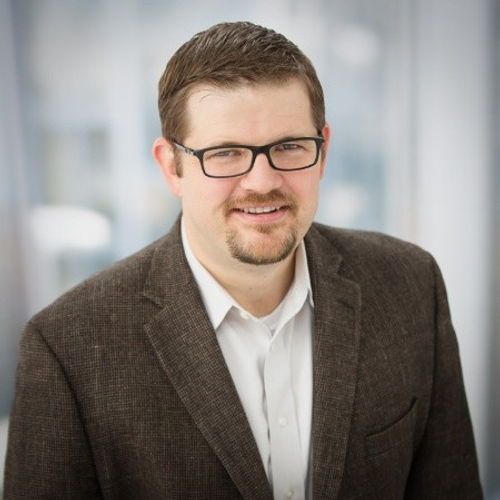full
FoA 375: Soil Carbon Sequestration and Grazing Management with Paige Stanley, Ph.D.
Soy Checkoff: https://www.unitedsoybean.org/
Dr. Paige Stanley's website: https://paige-stanley.com/
FoA 222: Digging Deeper Into Regenerative Agriculture with Paige Stanley: https://future-of-agriculture.captivate.fm/episode/foa-222-digging-deeper-into-regenerative-agriculture-with-paige-stanley
Metrics, Management, and Monitoring (3M) Project: https://www.noble.org/3m/
Dr. Paige Stanely is an interdisciplinary scientist working to understand how grazing management can sequester carbon in soils to help mitigate climate change and build more resilient rangeland ecosystems. She draws on a wide range of disciplines including soil biogeochemistry, grazing and rangeland ecology, agroecology, rancher sociology, and political ecology to approach research questions holistically. Paige is particularly interested in the use of “regenerative grazing” (or adaptive multi-paddock grazing) by ranchers on rangelands -- a form of high-intensity, short duration grazing with potential for increasing soil C sequestration.
We really have a great and wide ranging conversation here about regenerative agriculture, from the challenges of carbon measurement to grazing management to carbon nitrogen ratio dynamics to producer economics to rancher sociology and beyond. Really a lot of fun to talk to Paige again. Speaking of which I should mention that this is her second appearance on the show. Her first episode, which also happens to rank up there as one of my favorite episodes, was number 222, back almost three years ago in September of 2020. In fact that’s a great one to go back and listen to after you finish this one, it’s titled “Digging Deeper into Regenerative Agriculture”.
We’ll kick off today’s episode with Paige recapping what led her into the long process of understanding what it takes to properly sample, analyze, and measure soil carbon sequestration. I think this is really relevant to the current discussion which seems to take for granted, how difficult it is to get this right with a high level of accuracy.

